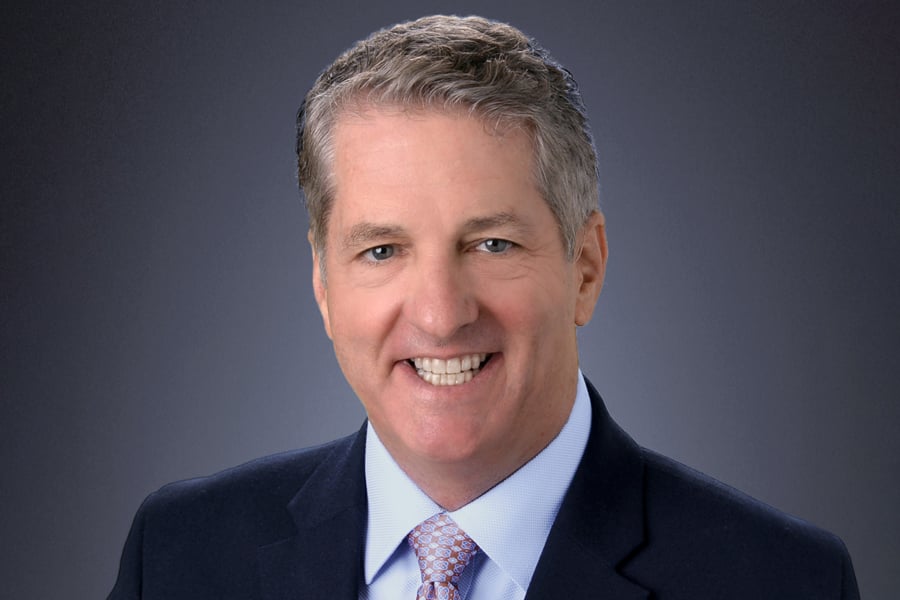

The market to acquire registered investment advisor firms has been red-hot for almost a decade, with hundreds of firms bought and sold each year. But the mergers and acquisitions frenzy has its skeptics, particularly among broker-dealer executives, who express alarm at the heady valuations some RIAs continue to fetch.
Last month, Paul Reilly, chairman and CEO of Raymond James Financial Inc., said during a conference call with investors that the biggest change in the competitive landscape in wealth management has been RIA aggregators that pay prices that the firm could not "figure out."
Add Jamie Price, CEO of the giant broker-dealer network Osaic Inc., to the group of those skeptical about the prices some private equity investors are paying to acquire RIAs.
During an interview last week at the Financial Service Institute's annual meeting, OneVoice, in Orlando, Florida, Price said the plethora of recent RIA buyers soon will face a dilemma: What firms will want to acquire a group of RIAs bought and consolidated by a private equity manager once there's a mass sell-off among RIAs?
“I think there’s going to be a day of reckoning in the RIA space," Price said. "Will there be more RIAs for sale than there are buyers at the trough?"
Brokerage executives routinely complain that the price to buy RIAs has skyrocketed over the past few years. Prior to the Covid-19 pandemic, in 2019 or early 2020, the value of an RIA, based on its assets and client base, would typically have been six to 10 times the firm’s EBITDA, or earnings before interest, taxes, depreciation and amortization. Some buyers are now willing to pay almost 1½ to two times that amount.
Broker-dealers have a variety of sources of revenue, including trading, cash sweep account, and marketing dollars from product sponsors. For RIAs, fees on clients' assets are the overwhelming source of revenue.
Price pointed to the wide consolidation in the brokerage industry over more than 15 years as an indication that more RIAs will merge to move forward.
According to the Financial Industry Regulatory Authority Inc., there were about 5,000 broker-dealers at the end of 2007, right before the worst days of the credit crisis. At the end of 2022, there were fewer than 3,400 brokerage firms, a decline of almost one-third.
"I think you will see the same consolidation happen in the RIA space,” Price said.
Osaic, currently owned by private equity manager Reverence Capital, is a giant network of 10,500 brokers and financial advisors who oversee $500 billion in client assets.
Meanwhile, other broker-dealers and RIA aggregators are also eyeing opportunities to buy smaller RIAs that manage assets of around $100 million and might face challenges in growth, executives said.
"Those growth-challenged RIAs are looking for partners like us to step in and help," said Chris Radford, president of AE Wealth Management. Firms can struggle on their own to reach $100 million in client assets, and then double that, said Radford, who was speaking on an industry panel at OneVoice.
"More and more RIAs are looking at us to get to a higher total" of assets, he said.

Relationships are key to our business but advisors are often slow to engage in specific activities designed to foster them.

Whichever path you go down, act now while you're still in control.

Pro-bitcoin professionals, however, say the cryptocurrency has ushered in change.

“LPL has evolved significantly over the last decade and still wants to scale up,” says one industry executive.

Survey findings from the Nationwide Retirement Institute offers pearls of planning wisdom from 60- to 65-year-olds, as well as insights into concerns.
Streamline your outreach with Aidentified's AI-driven solutions
This season’s market volatility: Positioning for rate relief, income growth and the AI rebound
